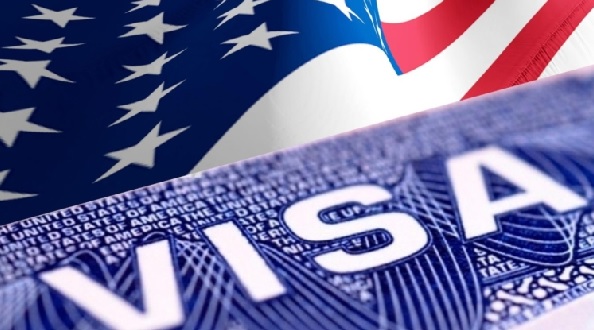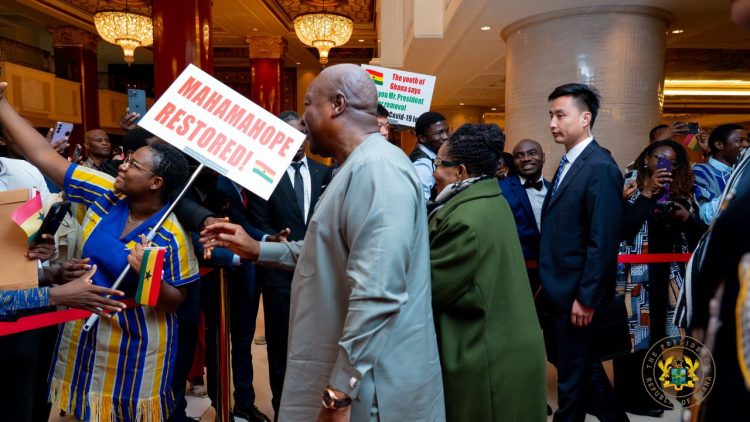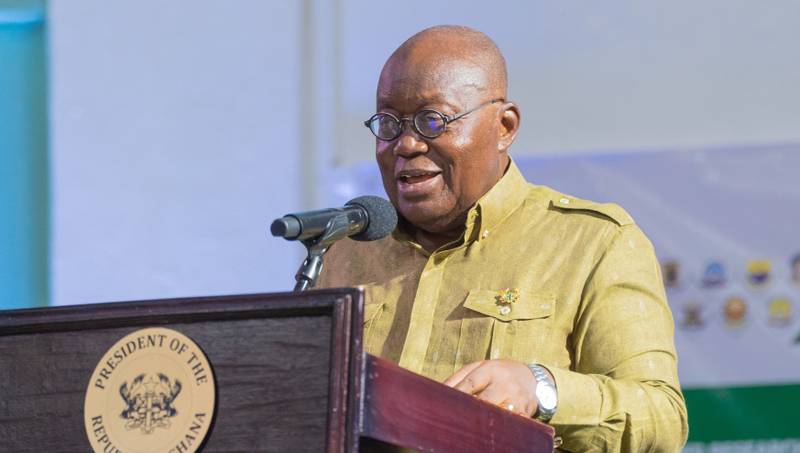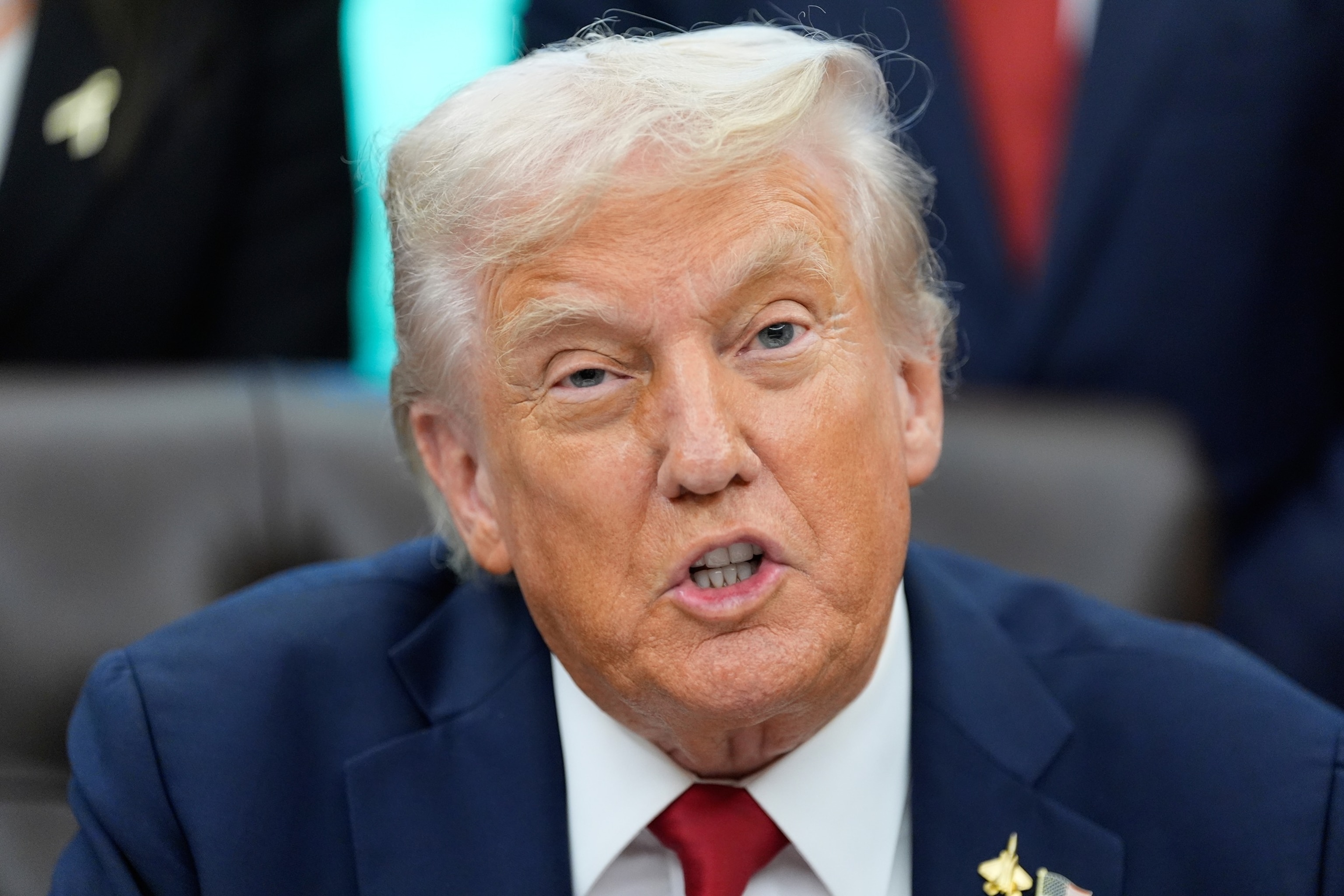The new policy, enacted under the “One Big Beautiful Bill Act,” was signed into law on July 4, 2025, and will take effect during the U.S. government’s 2025 fiscal year, which runs from October 1, 2024, to September 30, 2025.
According to a report by The Independent, the fee will apply to all non-immigrant visa categories, including tourist, student, and temporary work visas, for nationals of countries not included in the U.S. Visa Waiver Programme such as Ghana. The waiver programme primarily covers countries like the UK, Australia, Japan, and Germany.
Non-Refundable—Except Under Strict Conditions
Outlined in Section 10007 of the new law, the Visa Integrity Fee:
- Cannot be waived or reduced under any circumstance.
- May be refunded, but only if the visa holder fully complies with U.S. immigration rules—such as departing the country within five days of visa expiration or obtaining lawful permanent residency during their stay.
- Will be forfeited in cases of immigration violations, such as overstaying or working without authorization.
Although the fee has been officially approved, the U.S. Department of Homeland Security says implementation systems are still being developed.
“The visa integrity fee requires cross-agency coordination before implementation,” a department spokesperson noted, adding that the broader bill is aimed at “restoring integrity to the U.S. immigration system.”
The fee amount will be subject to annual adjustments based on inflation.
Who Is Exempt?
Citizens from over 40 countries participating in the Visa Waiver Programme will not pay the $250 fee for short stays under 90 days. However, the cost of an ESTA (Electronic System for Travel Authorization)—used for visa-free travel—will nearly double from $21 to $40.
In 2024, the U.S. issued nearly 11 million non-immigrant visas, with a substantial share granted to applicants from Africa, Asia, and Latin America.
Impact on Ghanaian Travellers
For Ghanaian tourists, students, and temporary workers, the new charge adds a significant cost layer to the already expensive visa application process, which includes medical screening, visa fees, and travel logistics.
The Ghanaian Ministry of Foreign Affairs has not yet issued an official statement on the development or its implications for visa applicants at the U.S. Embassy in Accra.
As implementation draws nearer, concerns are mounting over the financial strain this may impose on prospective travellers, particularly students and low-income applicants














